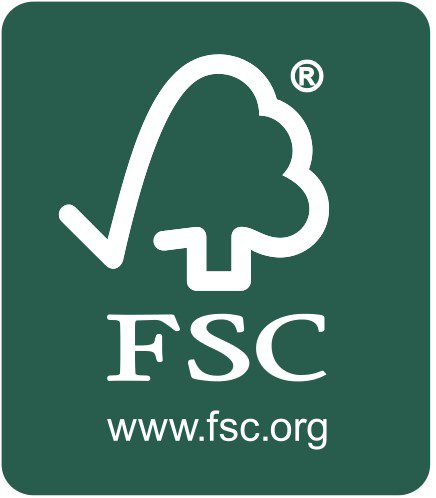Uncategorized
Certificates Used in the Paper Industry
Certificates Used in the Paper Industry: Ensuring Quality and Sustainability
The paper industry relies heavily on various certifications to ensure product quality, environmental sustainability, and ethical sourcing practices. These certifications provide a standardized framework for assessing and verifying the performance of paper mills and suppliers.
Here are some of the most common certificates used in the paper industry:
Mục lục
Environmental Certifications
- Forest Stewardship Council (FSC): This is a global non-profit organization that promotes responsible forest management. FSC certification ensures that the wood used in paper products comes from well-managed forests.
- Program for the Endorsement of Forest Certification (PEFC): Similar to FSC, PEFC promotes sustainable forest management. PEFC certification provides an alternative for companies that prefer a regional approach to forest certification.
- Chain-of-Custody (CoC) Certification: This certification verifies that products, such as paper, come from certified sources and have been processed and traded in a way that maintains their chain of custody.
Quality Certifications
- ISO 9001:2015: This is a globally recognized quality management standard that ensures organizations have a system in place to deliver products and services that consistently meet customer requirements.
- ISO 14001:2015: This is an environmental management standard that helps organizations minimize their environmental impact. It requires companies to implement a system to manage their environmental responsibilities.
Other Certifications
- Sustainable Forestry Initiative (SFI): SFI is a U.S.-based nonprofit organization that promotes sustainable forest management. SFI certification is recognized in North America.
- Japan Wood Certification (JWC): JWC is a Japanese certification scheme that promotes sustainable forest management in Japan.
- European Forest Certification (EFC): EFC is a European certification scheme that promotes sustainable forest management in Europe.
Benefits of Certification
Certifications offer several benefits to the paper industry, including:
- Enhanced reputation: Certifications can help paper mills and suppliers build a positive reputation and differentiate themselves from competitors.
- Increased market access: Many customers and retailers now require suppliers to be certified to meet their sustainability and quality standards.
- Reduced risk: Certifications can help mitigate risks associated with environmental damage, legal issues, and reputational harm.
- Improved efficiency: Certification can lead to improved efficiency and cost-effectiveness through better management practices.
In conclusion, certifications play a crucial role in ensuring the sustainability and quality of paper products. By obtaining and maintaining relevant certifications, paper mills and suppliers can demonstrate their commitment to responsible practices and gain a competitive advantage in the market.











